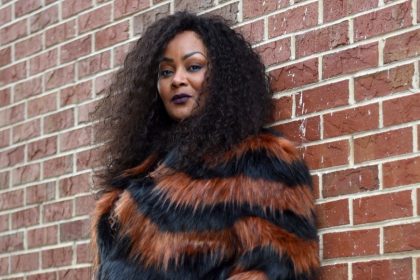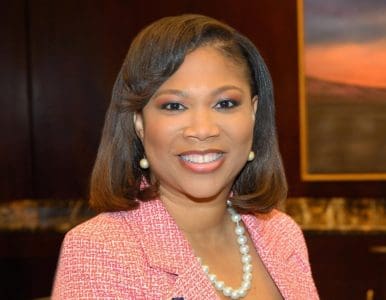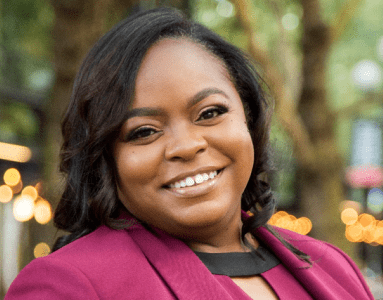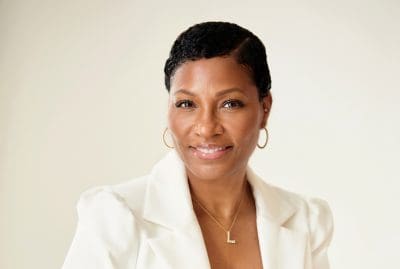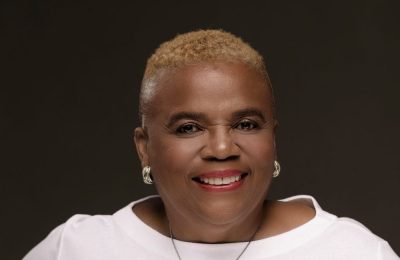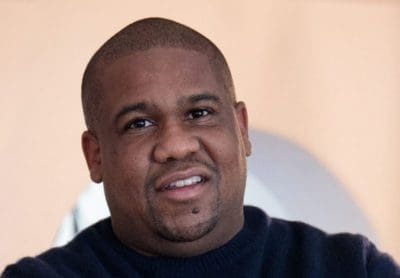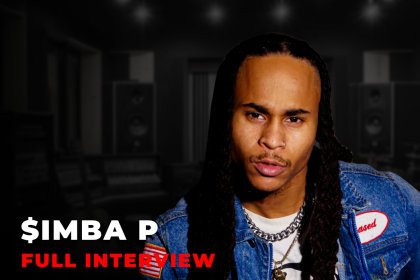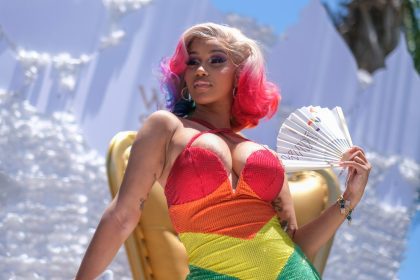James Lindsay was able to mastermind a successful venture with Rap Snacks and make a difference in the life of the community with just a bag of chips. As the CEO of this retail brand, Lindsay has partnered with hip-hop artists and others to bring more attention to their platform, while also showing them that their brand and reach is bigger than they could have imagined.
Why and how did you decide that this would be your legacy?
I was very fortunate to get into this industry. For my first job, I was lucky that I was hired at Johnson Products, and I was mentored by Mr. Johnson who did hair care products back in that day, I looked at the impact that he’s had on the community in addition to his product and brand that helped provide jobs not only for his family but for other future African American leaders. I said to myself that I wanted to be like that guy, and eventually, I wanted to start my own brand.
What did you learn from working with George E. Johnson Sr.?
I want to say the confidence that if he did it and he’s doing it, I can do it. I think mentorship is a very good situation. It’s a situation for people of color or anybody who wants to get into a business that they know nothing about. I was lucky to be with a gentleman who was a trailblazer whom I can look at and use as an example for me to eventually move into my field, which is the snack food industry, and be a replica of what [he’s] done in the hair care industry.
What tips do you have for CEOs meeting with retail businesses?
You need to know who you are, and what you bring to that particular retailer. We knew that our brand was very popular with the teenage crowd and we also knew that in the snack food marketplace, there wasn’t any other brand that African Americans could say they relate to. When we first got into Walmart, they came back and said our stats and data were off the charts when it comes to African American scores, because we had nothing else to buy. There were no other items out there that we could relate to or that we wanted to buy.
Why did you encourage hip-hop artists to join your program?
My background besides consumer products is that I worked with a lot of artists. I worked with Meek Mill for nine years and understood that a lot of those guys were not monetizing their business besides music. If you look at any of these top artists out here, they make their money from shows, product endorsements, and other things. Rap Snacks is the first brand to showcase these artists and let them know that your brand is a lot bigger than what you think it is … and you can monetize your brand outside of just music.
Tell us about the Boss Up Foundation.
I wanted to get involved with the youth in our community, particularly in Miami and Philadelphia, and start teaching these kids about entrepreneurship. It’s called the Boss Up Foundation, where we teach them the basics first because you have to start with the basics. You have to understand how to develop a product, what a UPC is, what’s the plan and what’s the position of the product.
How do you build self-confidence as an entrepreneur?
It’s like athletes, it’s something inside you that makes you different than everybody else. When you know what you know and you feel like this is your destiny, you’re going to feel it. If you don’t feel it then that’s an issue, because it may not be the path that you need to be going down. I’ve never doubted my path in life, or what I was put on this earth to do. Nobody knows what’s going to happen. They’re going to have confidence when you’re a $50 million or $60 million company, but when you’re starting out, they’re going to look at you like nobody’s ever done that before. And that’s why I’m doing this.
Tell us about your Disrupt Summit.
We’ll have all of our distributors from all over the country. We bring in people from France and Spain, and the kids will get to talk to these guys about their businesses, coming from different backgrounds, and how they operate differently sized businesses. We call it the Disrupt Summit because nobody is doing this. We’re disrupting this industry of people who are not exposing our kids to a future that may be beneficial to them and their families, so we feel like we’re bringing a new light to these kids.
Why should a CEO have a five-year plan?
You have a lot of moving parts. You have the development of your product, you have your salespeople, and you have the employees that you need to hire to grow your company. You need to know where you want to be three, four, or five years from now, and that’s based on your projections and on the different markets that you’re thinking of going into
What’s it like to be an industry leader?
It feels good on one end, but I also feel the responsibility on my shoulders to continue the success. … I want to continue to build my business. … and I want to be that brother who buys other companies. I don’t want nobody buying me, I want to buy other companies. That way, I can stay here to employ more people and take this thing to another level.

